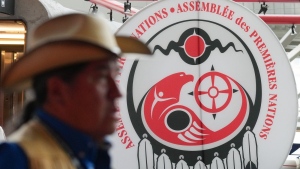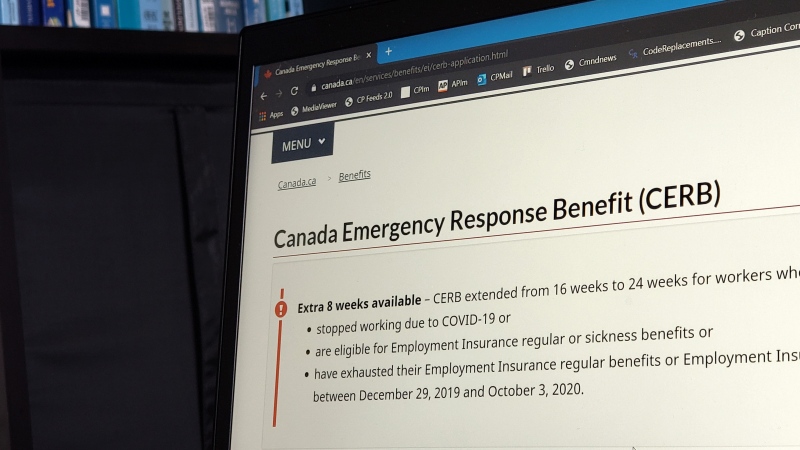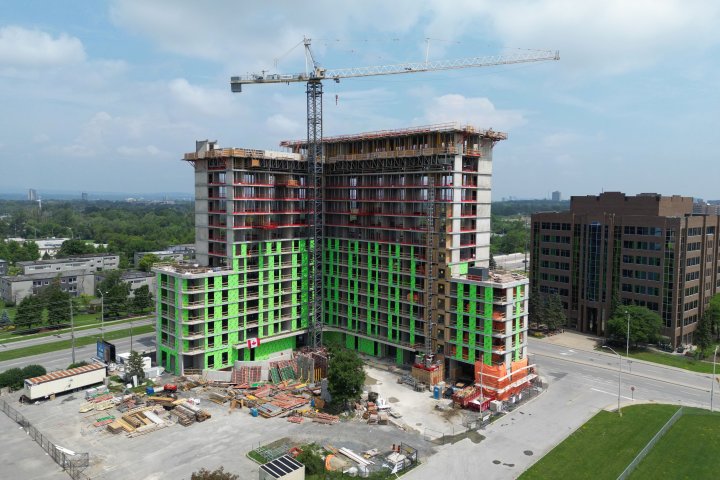Indigenous leaders from across Canada have come together to vote on a historic $47.8 billion child welfare reform agreement with the Canadian government.
The agreement, which was negotiated over the course of several months, aims to address the ongoing crisis of Indigenous children being overrepresented in the child welfare system. According to statistics, Indigenous children make up more than half of all children in foster care in Canada.
The vote, which is being held at the Assembly of First Nations Special Chiefs Assembly in Ottawa, will determine whether or not the agreement will be accepted by the Indigenous communities it will impact.
If approved, the agreement will see the federal government provide funding for Indigenous communities to take over the responsibility of child welfare services. This will include prevention and family support services, as well as the creation of a new national oversight body to ensure the well-being of Indigenous children.
Indigenous Services Minister Marc Miller has called the agreement a “historic step” towards reconciliation and addressing the ongoing harm caused by the child welfare system.
“This is about recognizing the inherent right of Indigenous peoples to care for their own children and families,” Miller said in a statement.
The agreement has been met with cautious optimism by Indigenous leaders, who have long been advocating for the reform of the child welfare system. While some have expressed concerns about the details of the agreement, many see it as a positive step towards self-determination and addressing the ongoing trauma caused by the removal of Indigenous children from their families and communities.
The vote is expected to take place over the course of two days, with the results being announced on Wednesday. If approved, the agreement will be implemented over the next five years, with the goal of reducing the number of Indigenous children in foster care and ensuring their well-being and cultural identity are prioritized.
This vote marks a significant moment in the ongoing efforts towards reconciliation and addressing the injustices faced by Indigenous communities in Canada. It is a step towards a more equitable and just future for Indigenous children and families.




